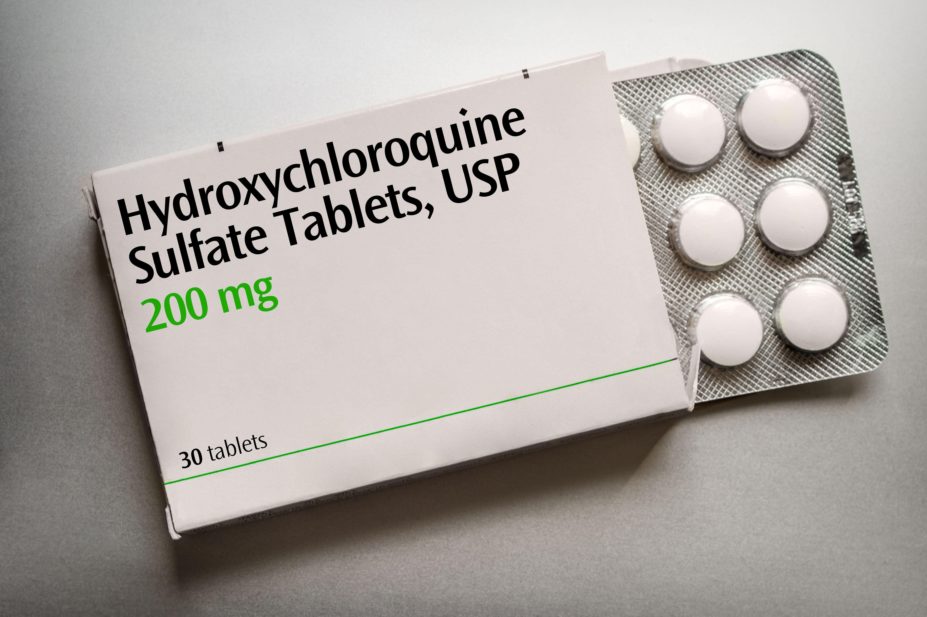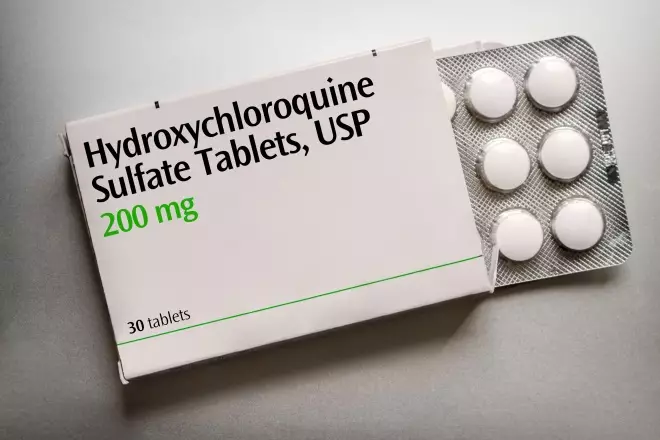
Alamy Stock Photo
Open access article
The Royal Pharmaceutical Society has made this article free to access in order to help healthcare professionals stay informed about an issue of national importance.
To learn more about coronavirus, please visit: https://www.rpharms.com/resources/pharmacy-guides/wuhan-novel-coronavirus

Source: Alamy Stock Photo
The researchers involved in the RECOVERY trial found no significant difference in mortality rate at 28 days between those randomised to hydroxychloroquine treatment and those who received usual care
The ‘Randomised Evaluation of COVID-19 therapy’ (RECOVERY) trial has stopped enrolling patients to its hydroxychloroquine arm after preliminary results showed the drug had no beneficial effect in patients hospitalised with the virus.
In a statement, published on 5 June 2020, Peter Horby — chief investigator of the RECOVERY trial and professor of emerging infectious diseases and global health in the Nuffield Department of Medicine at the University of Oxford — and Martin Landray — deputy chief investigator of the trial and professor of medicine and epidemiology at the Nuffield Department of Population Health at the University of Oxford — said that the trial had enrolled more than 11,000 patients from 175 NHS hospitals in the UK, and that emerging data had been reviewed every two weeks to determine whether there was strong enough evidence to affect national and global treatment of COVID-19.
In response to a request from the Medicines and Healthcare products Regulatory Agency, the independent Data Monitoring Committee conducted a further review of the data and recommended that the chief investigators review the unblinded data on the hydroxychloroquine arm of the trial.
“We have concluded that there is no beneficial effect of hydroxychloroquine in patients hospitalised with COVID-19,” the statement said.
“We have, therefore, decided to stop enrolling participants to the hydroxychloroquine arm of the RECOVERY trial with immediate effect. We are now releasing the preliminary results as they have important implications for patient care and public health.”
According to the statement, a total of 1,542 patients were randomised to hydroxychloroquine and compared with 3,132 patients randomised to usual care alone. The researchers found no significant difference in mortality rate at 28 days (25.7% hydroxychloroquine vs. 23.5% usual care; hazard ratio 1.11 [95% confidence interval 0.98–1.26]; P=0.10).
“Hydroxychloroquine and chloroquine have received a lot of attention, and have been used very widely to treat COVID-19 patients despite the absence of any good evidence,” said Horby.
“Although it is disappointing that this treatment has been shown to be ineffective, it does allow us to focus care and research on more promising drugs.”
Landray added that the preliminary results were “quite clear”.
“Hydroxychloroquine does not reduce the risk of death among hospitalised patients with this new disease. This result should change medical practice worldwide and demonstrates the importance of large, randomised trials to inform decisions about both the efficacy and the safety of treatments.”
This decision by researchers on the RECOVERY trial comes after the World Health Organization restarted the hydroxychloroquine arm of its SOLIDARITY trial, which was paused in response to a now retracted study published in The Lancet.


